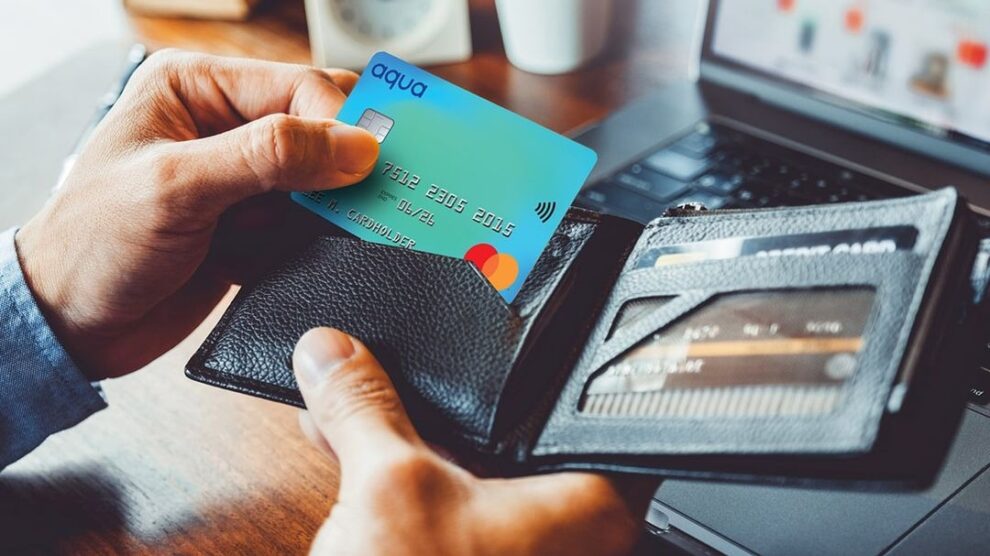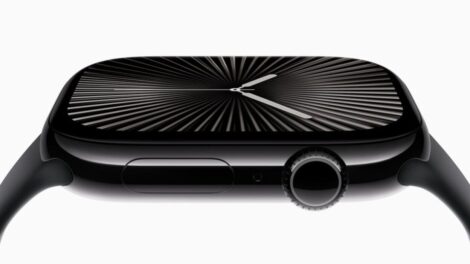Learn how to open a credit card account and reap the rewards of owning one. You can get incentives, financial flexibility, and an easy way to make purchases with a credit card. We’ll lead you through the entire credit card application process in this in-depth tutorial, giving you the knowledge and skills you need to manage your credit responsibly and make wise decisions.
Why Apply for a Credit Card?
Among the benefits of opening a credit card account are the following:
-
- Increasing your credit score and building your credit history
Getting benefits for your purchases, such money or travel milesA convenient and secure way to shop, whether online or in-personHaving access to emergency money when neededPossibility of promotional offers, including bonuses upon signing up or 0% APR periods

A Comprehensive Guide on Opening a Credit Card Account
First, Verify Your Credit Report
It’s critical to understand your credit score prior to applying for a credit card. Your eligibility for a credit card is mostly determined by your credit score, which is a numerical depiction of your creditworthiness. By requesting a copy of your credit report from the main credit agencies, or by using one of the many internet resources, you can find out your credit score for free.
Step 2: Investigate and Evaluate Credit Card Choices
There are many different credit card alternatives available, and each has unique restrictions, features, and perks. To choose the credit card that best fits your needs and financial position, do some research and comparison shopping. When making your selection, take into account elements like credit score requirements, yearly fees, rewards programs, and interest rates.
Step 3: Selecting the Appropriate Credit Card
Choose the credit card that best fits your needs and provides the best value after doing your homework and comparing cards. Think over whether you would prefer a card with low interest rates, travel benefits, or cashback rewards. To comprehend the costs, interest rates, and any restrictions associated with the card, make sure you thoroughly read the terms and conditions.
Step 4: Compile Necessary Data
Certain financial and personal details are required when applying for a credit card. Get ready with the following information:
-
- Name, full name, and birthdate
Number for Social Security
Current mailing address and phone number
Employment information and yearly salary
Additional financial data, including active credit card accounts or loans
Step 5: Fill up and submit the credit card application
Go to the credit card issuer’s website or physically fill out an application at a bank branch. Give the necessary information in a precise and comprehensive manner. Before submitting, check your application for any problems. The majority of credit card applications may be submitted online, and decisions are made in a matter of minutes.
Step 6: Await Authorization
Following the submission of your credit card application, the issuer will examine your data and render a determination. The time it takes to get approved can range from a few minutes to many days. If accepted, the cardholder agreement and terms will be mailed to you together with your credit card.
Activate Your Credit Card: Step 7
Once your credit card arrives, activate it by following the issuer’s instructions. Usually, this entails going to a certain website or phoning a predetermined number. You can use your credit card as soon as it is activated.
Step 8: Make Responsible Use of Your Credit Card
It’s important that you use your new credit card account wisely now that it’s open. Pay your bills on time, don’t go over your credit limit, and don’t hold large balances. You may profit from owning a credit card and establish a good credit history by using your credit card account responsibly.
Commonly Asked Questions about Credit Card Account Opening
What credit score is required to apply for a credit card?
Depending on the issuer and the particular card, different credit scores are needed to open different types of credit cards. While some credit cards are intended for those with good credit, others are meant for people with bad or limited credit. Generally speaking, a higher credit score makes you more likely to get approved and might even get you better terms and benefits.
I have no credit history; may I still obtain a credit card account?
For those without a credit history, credit card options are available. Credit establishment and credit building are the goals of secured credit cards, student credit cards, and credit builder cards. These cards might be an excellent place to start if you want to establish a good credit history, even if they could have smaller credit limits and demand a security deposit.
How long does it take to receive a credit card approval?
The length of the credit card approval process varies. Upon submitting your application, you can receive a decision within minutes from certain credit card issuers that offer quick approval. It could take the issuer several days to assess your application, nevertheless, under some circumstances. In the event that your application is accepted, your credit card should arrive in the mail in 7 to 10 business days.
If my application for a credit card is rejected, what should I do?
Don’t give up if your credit card application is turned down. You must receive an explanation from the issuer for the denial. After reading the explanation, take action to resolve any problems, such as raising your credit score or fixing mistakes on your credit report. You might also look at applying for a different credit card, one with possibly more accommodating requirements, or investigate other choices, such as secured credit cards.
Result
Getting a credit card can help you manage your money, accumulate rewards, and establish credit. You may open a credit card account with confidence and make wise judgments if you follow our step-by-step instructions. Always select a credit card that suits your needs, make responsible use of it, and keep a close eye on your account activities. A credit card can be a very useful tool in your financial toolbox if you use it responsibly.










Add Comment